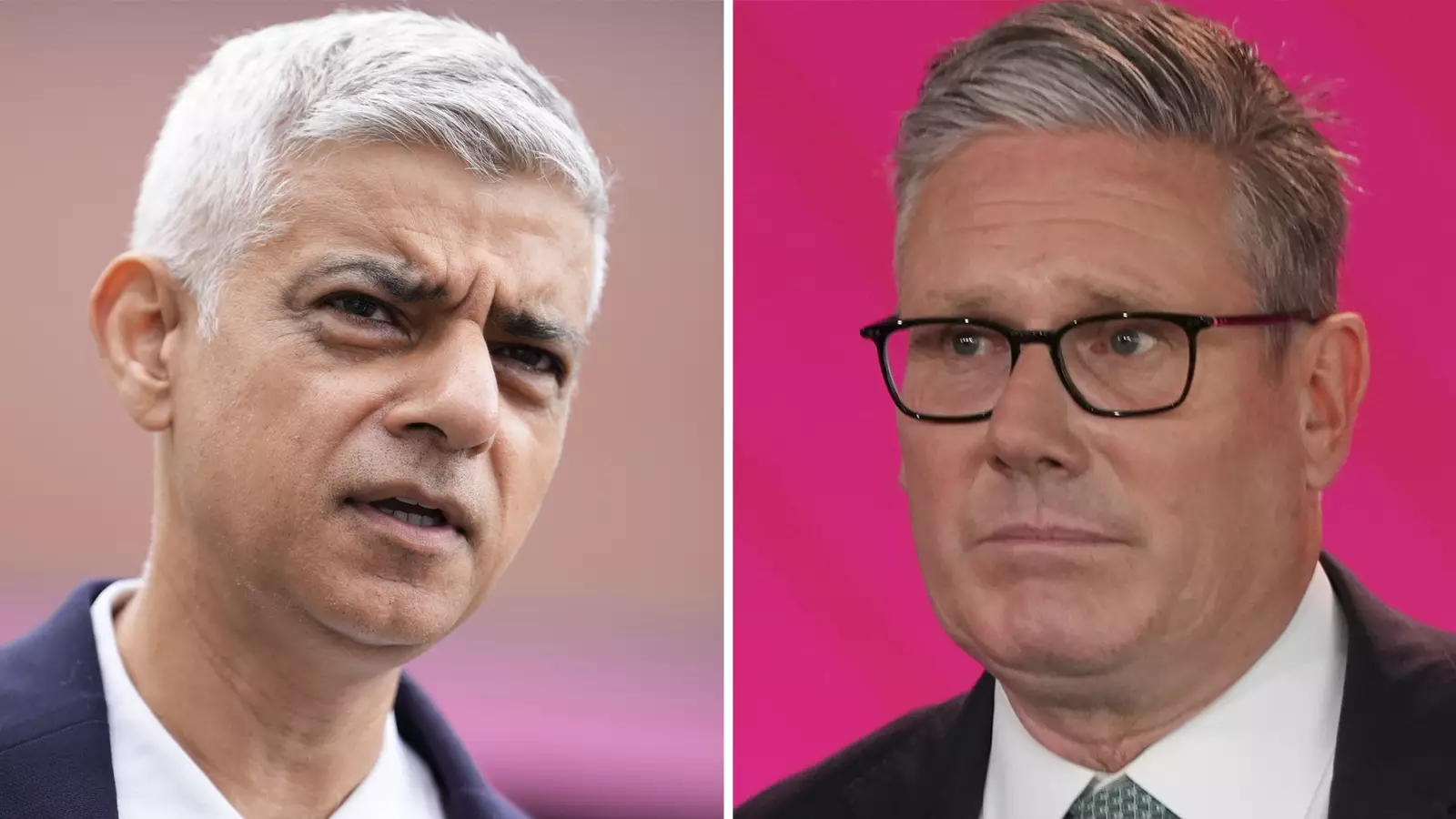In the current geopolitical melee surrounding Gaza, the silence from mainstream political figures and government institutions is both deafening and morally troubling. While official narratives emphasize diplomacy, strategic ambiguity, or outright denial, the reality is that innocent lives are suffering in ways that demand urgent, unequivocal acknowledgment. It’s a disservice to humanity to dismiss or downplay the horrific evidence coming from credible sources, including the United Nations, which indicates that what is unfolding in Gaza could indeed be classified as genocide. The refusal to label this humanitarian catastrophe with such a term undermines our collective moral responsibility and clouds accountability.
The significance of leadership speaking honestly cannot be underestimated. When figures like London’s Mayor Sadiq Khan boldly describe the situation as a “genocide,” they challenge the silence and set a standard for moral courage. Yet, his stance remains a stark deviation from the official lines of his own party, illustrating an uncomfortable truth: political expediency too often trumps moral clarity. In contrast to the equivocation of many global leaders, truth-tellers serve as vital beacons that prevent us from becoming numb to continual suffering.
The Political Manipulation of Humanitarian Crisis
The ongoing conflict in Gaza exposes a troubling trend: the prioritization of diplomatic appearances and ideological allegiances over human lives. UK Prime Minister Keir Starmer’s careful delay in recognizing Palestinian statehood exemplifies this. The speculation that political calculus — particularly in relation to Donald Trump’s visit — influences such decisions suggests that geopolitics often overshadow moral imperatives. This conduct reveals a disturbing willingness of leaders to defer action for the sake of political convenience, risking the normalization of ongoing atrocities.
Moreover, the refusal by governments, including the UK, to classify Israel’s actions as genocide under international law reflects a dangerous abdication of the moral responsibility to confront hard truths. Instead, officials prefer to leave these questions to courts and lawyers, stripping moral urgency from the predicament. In doing so, they perpetuate a cycle of silence that emboldens those responsible for exacerbating suffering, while marginalizing the voices calling for genuine accountability.
Challenging the Narrative: Why Moral Courage Matters
At the core of this crisis lies a fundamental moral choice: to acknowledge the full extent of what is happening or to retreat into distancing rhetoric. Recognizing Gaza’s plight as genocide is not merely a semantic debate; it is an essential step toward justice. Denial or relativization only deepen the suffering, allowing harmful narratives of justification and exoneration to flourish.
Progressive voices—such as politicians, activists, and international organizations—must step beyond the comfort zone of diplomatic neutrality. They must insist on transparency, stand firmly against attempts to obfuscate, and call for an honest assessment based on human rights standards. To do otherwise is to betray the very principles of justice and compassion that should underpin progressive politics. True leadership involves not just strategic diplomacy but moral integrity: admitting what is happening and acting decisively to stop it.
Why It’s Time to Break the Silence
Gaza’s devastation is a moral crisis that requires clarity, not capitulation. Every day of silence or equivocation emboldens those who commit atrocities. This is a moment for the international community and national leaders alike to listen to the voices calling out for justice and to reject the seductive comfort of political expediency.
Recognition of the full gravity of the situation is a moral imperative, not a matter of political convenience. The international community cannot afford passivity or half-measures anymore. As global citizens and progressive advocates, we should demand honesty from our leaders and personally commit to holding power to account. The suffering in Gaza demands a bold, unequivocal response—one rooted in justice, compassion, and the unwavering assertion that humanity is responsible for defending the vulnerable, even when it’s politically inconvenient. Only then can we begin to confront the danger of moral complacency that threatens to erode the very fabric of our shared humanity.


Leave a Reply